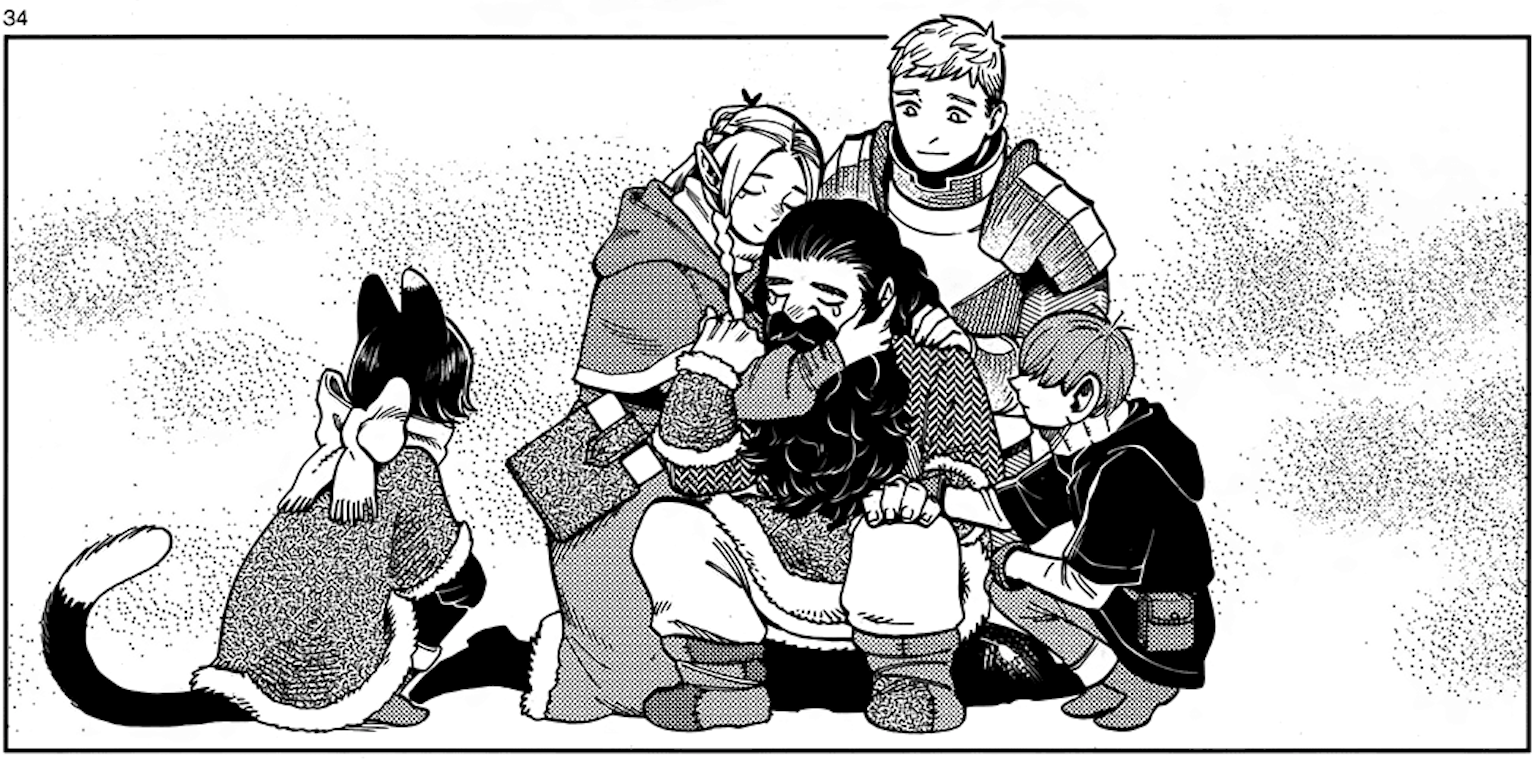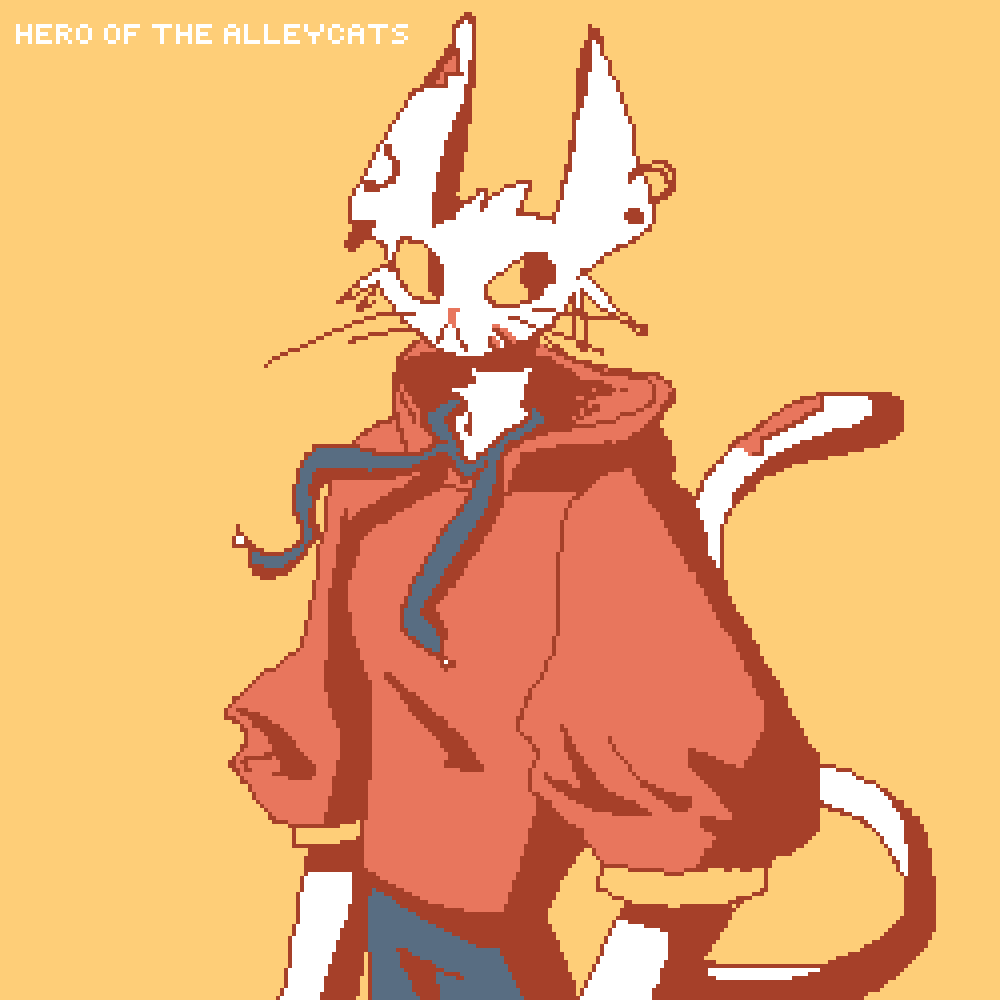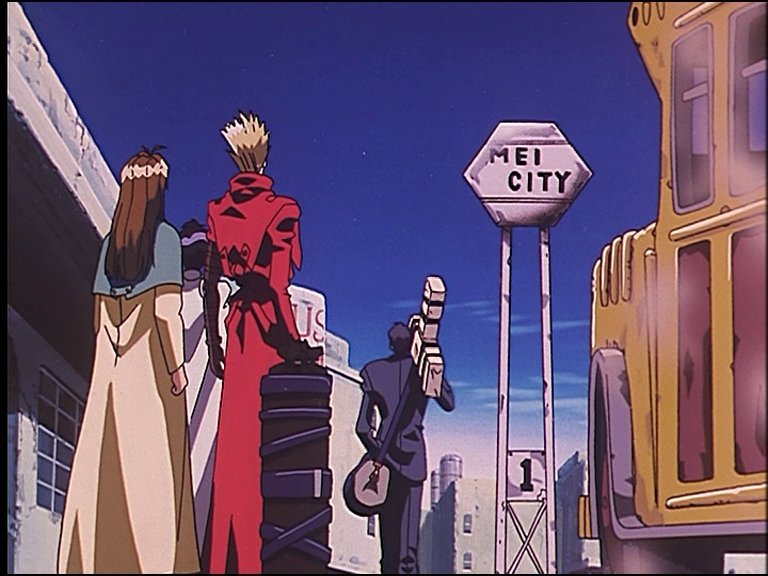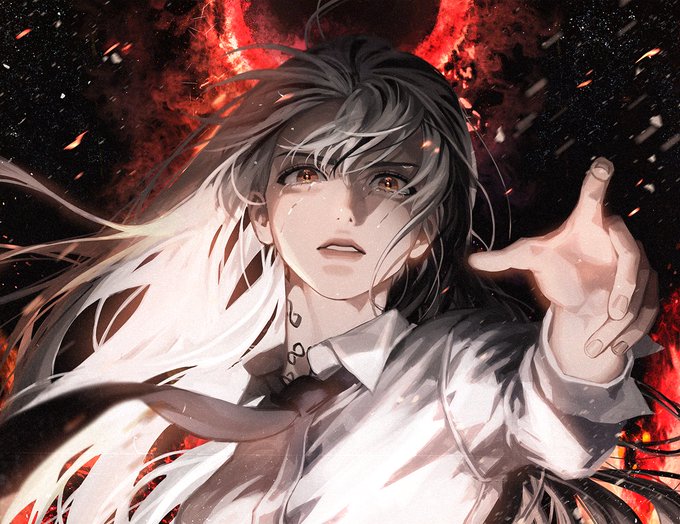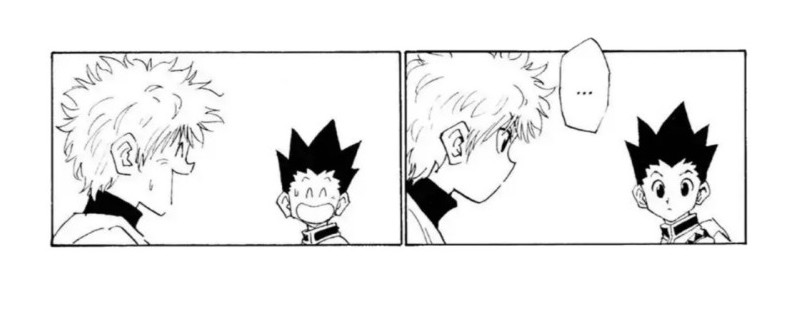Craftsmanship: Ryoko Kui has a pleasing, solid art style, evident in all aspects of the manga, from the anatomy, to the food, the architecture, and the landscapes. Both her art and writing style are perfectly in tune to successfully give us a peak into a world that was created with much love, time, and work. Rarely do I see a manga that is so effective in its storytelling and tackling serious subject matter while still being treated with so much warmth and care. Dungeon Meshi can be read as a lighthearted fantasy adventure or as an illustration of how people from different races, upbringings, and all walks of life can find familiarity in those different from them. It is in these similarities that people can even find nourishment, fulfilment, and a home, while still celebrating the differences between them, no matter how stark. In fact, differences are not only celebrated but necessary to taking a step towards the future.
General Themes: The major vehicle for every theme of Dungeon Meshi is food. It is used to illustrate family and kinship in all shapes and sizes, to discuss the omnipresent, neutral cycle of life and death: death is not the end, life is not the beginning. It's also used to examine desire, pleasure, beauty, and other ways that humans give life meaning beyond this cycle which is often difficult to handle and jarring to confront. We see this in Marcille, a half-human, half-elf who is desparate to prolong the life of short-lived races, we see this in the people of the dungeon who no longer need to eat or receive pleasure from food, but continue to farm and raise livestock, we see this in Mithrun, who is apathetic, unable to enjoy life, and clinging to the single desire for revenge, we see this in Laios, who has a fascination and love for the animals he eats, we see this in a group of people who misunderstand and oftentimes dislike each other, having a meal together, opening up to each other, fighting with each other, coming to an agreement with each other.
Rating: ★★★★★ Dungeon Meshi is a loving examination of life, what it means to be alive, and the ways we can find love in the life we have. Reading Dungeon Meshi encourages the reader to seek out life and love just as its characters do.
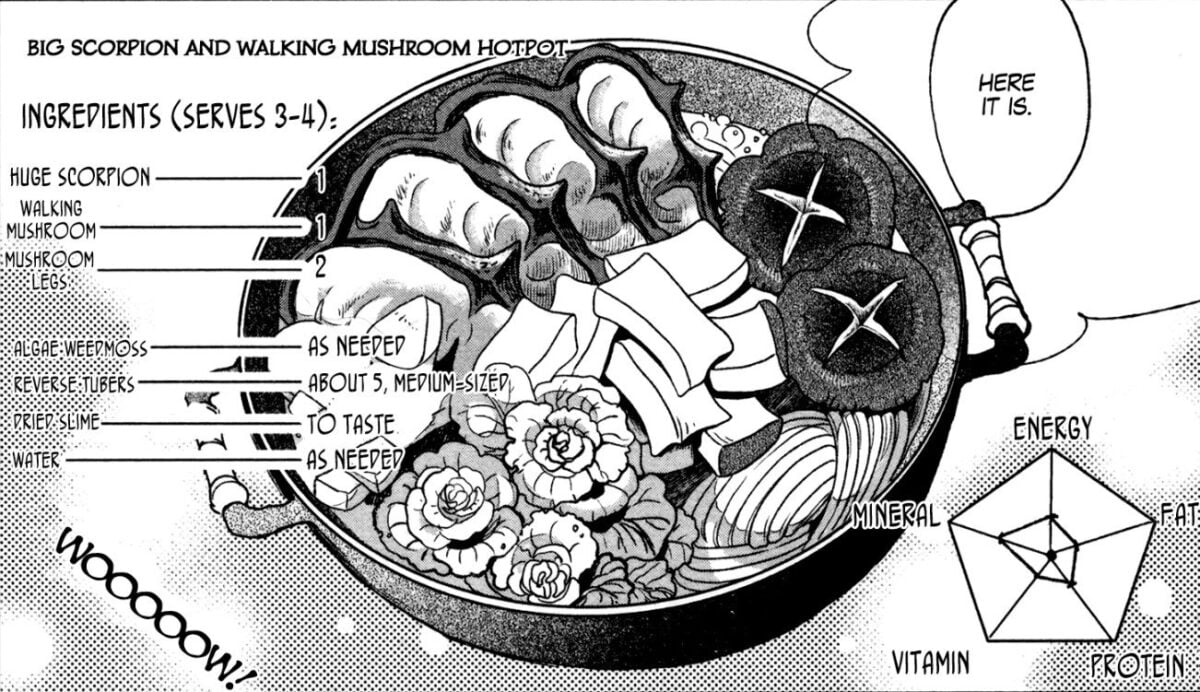

Craftsmanship: Everything about Trigun is excellent, including the music, the landscape art, the character design, the voice acting, and the storytelling. All these elements of the anime come together to tell its story with a grim tenderness– the narrative loves its hero fiercely, yet takes him apart piece by piece until he has nothing left. Watching the show leaves audiences with the warm certainty that every single artist who worked on the project poured their hearts into it.
The soundtrack and environmental design paint a planet-wide Wild-West-esque landscape, simultaneously depicting humanity banded together for survival and humanity divided, jaded, and alone. For example, some parts of the soundtrack are eerie and unsettling, some parts slowly build and layer on themselves until the eerie beginnings become full of life while not losing their unsettling melancholy, their chaos. The track that starts unsettling but morphs into something more cheerful is titled BIG BLUFF. The light piano in PHILOSOPHY in a Teacup is abberated with synthetic sound bites before running into a frantic rambling drumline overlaid with a calm doublebass line. It's more "Wild West" tracks blend together all sorts of genres and instruments, using the music to define the situation, rather than letting the situation choose the genre of music. Permanent Vacation blends together a screaming saxaphone and a jangling guitar line into a heady, almost maniacal dialogue, Blue Funk features a seriously sleazy, laidback electric guitar layered over the kind of ostinato you'd find in the bass line of a Western film score. I could talk about every single track in the OST but I won't lol. No single track is simple or generic, every single one is tailormade for specific segments of the anime and is not restricted by genre, instrument, or any other convention. Environmental design of the cities show rambling neighborhoods, unsteady, towering structures, humanity climbing up over itself, sprawling out over itself, iterating over and over upon itself as it continues to survive, or to fester away in a desert that doesn't care about them.
The character design and storytelling are done exceptionally well. The four protagonists, Vash, Meryl, Milly, and Wolfwood, are perfectly balanced. Without spoiling too much of it, we see Meryl and Milly instantly catch on to Vash's lack of ill-intent, we see the "life insurance agents" understanding Vash's humanity from episode one. We see Meryl in charge, stubborn and with a strong sense of what's right and what's wrong, in contrast to Vash's easy-going and unserious facade, not only as conflicting personalities but as an avenue of relief for the two. With Vash, Meryl knows exactly what is right and wrong– her notion of it is actually reinfornced by Vash– with Meryl, Vash can occasionally give up and let her take the reins... the two can rely on each other in ways that they hadn't been able to rely on others before. Meryl's role is parental in how reassuring and steadfast it is, yet she cracks and is only human, Vash's role is childlike in how singleminded and desperate he is to see the world in ways he can understand, yet he cracks and is also only human in the end.
Vash and Wolfwood's relationship is almost an irritatant to the narrative, serving to expose its underlying themes, but also serves to remind the two men that the other side is not entirely unreasonable, cracking through the facades that the two put on. Wolfwood's character design is one of a shady priest, almost a confessional harboring the doubts and fears that Vash ignores in favor of the mantra he's devoted his life to, that he clings to. In turn, Wolfwood ultimately comes to an end when he actually takes Vash's words to heart, persuaded to abandon his own way of life. But during the scene where this happens, uses his dying moments to drag himself into a church, to hold up his cross and die leaning against it. The thing that kills him, the cross he was nailed to, was something he dragged himself into with his own two hands, was something that brought him relief in the end. His friendship with Vash ends up being his salvation and solace, but also his end.
Milly, on the other hand, often serves as the true father confessor to the other three characters, putting her into an interesting contrast with Wolfwood. The secrets she keeps– the fears of her companions– are confided to her out of trust, while the secrets Wolfwood keeps are kept out of fear, and were given to him out of malice. The two perhaps recognize themselves in the other even though behavior-wise the they're so different. In the end, Milly is necessary to framing the narrative. This isn't merely a conflict between ideologies or desires, this is a story of humanity, of how they give meaning to their own lives, how they love and doubt, how they're suspicious of each other and how they have compassion for each other, the gods they cling onto, their desire to live despite everything, even themselves at times. Milly supports her companions by offering genuine optimism, not the facade of optimism that Vash presents, not the pessimism from Wolfwood. She's stronger than probably all of her companions, she goes out of her way to help others when it doesn't benefit her, she cries openly, she's everything that her companions need to keep themselves from falling into despair. Trigun is about its characters and how they change each other, how love echoes into the surviving world.
General Themes: The love for life is probably Trigun's biggest theme, and is what the entire narrative is centered around. The anime doesn't just push this as a positive thing: Vash is adamant about no violence but it literally is taking him apart, he takes the necessary violence upon himself, and it kills Wolfwood even though he knew it would. Sometimes there's no other way to save others without hurting someone else, unless you're Vash the Stampede, sticking to single ideology without consideration for its implications or nuance will get you killed. The anime isn't condescending about proving this to the viewer, and the anime does an excellent job of developing its themes through its characters, rather than through exposition, giving these themes more weight, credulity, and the comprehensive exploration they deserve. Not everything can be condensed into a single tagline uttered by the main hero.
Rating: ★★★★★ Trigun is tight in its storytelling– everything has a purpose, everything means something– and it's well rounded in tone, in its themes, and in its characters. It builds up to its ending gracefully, it ends when it needs to end, and it ends well. You should probably seriously watch Trigun at least once before you die.
